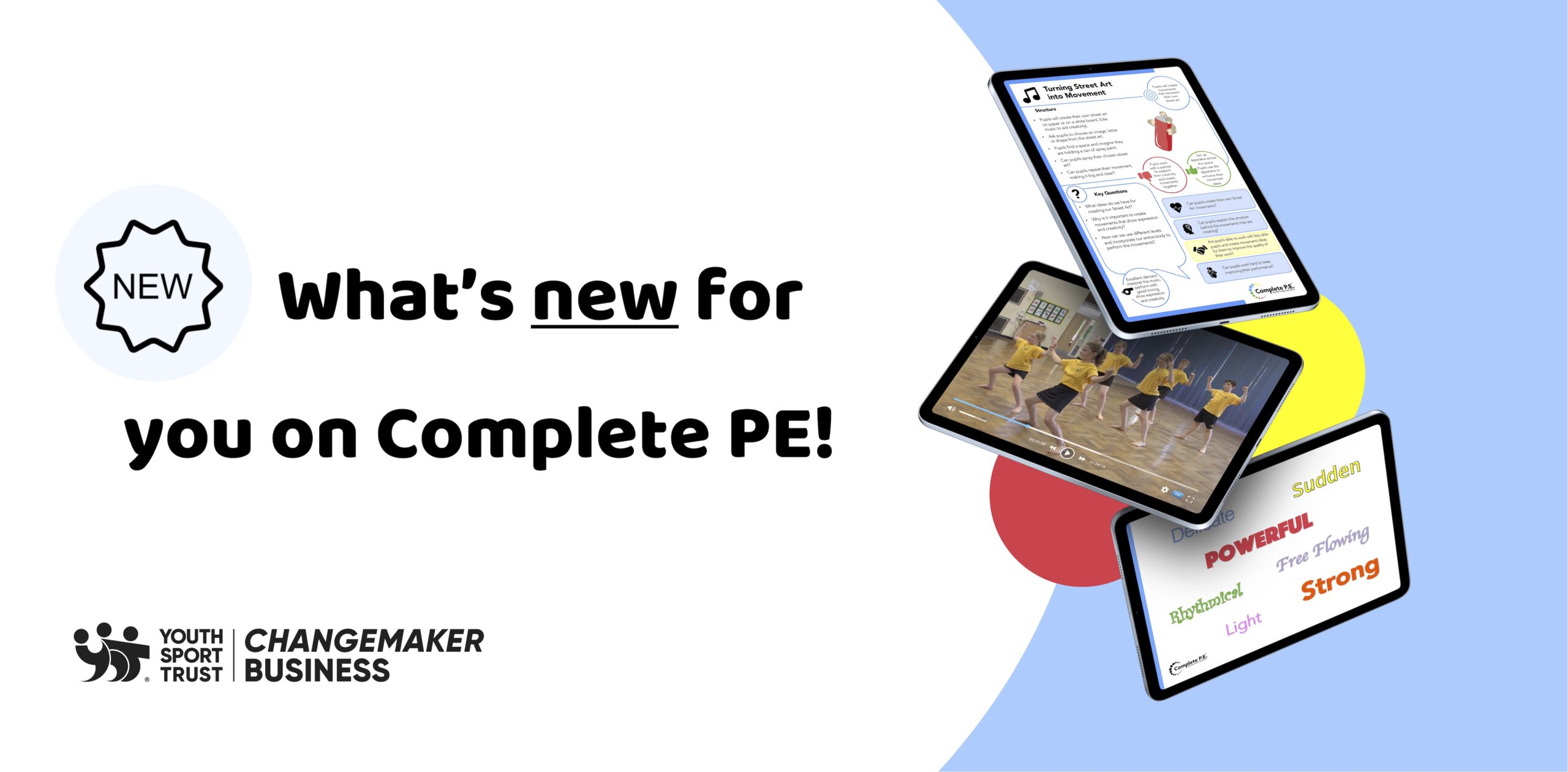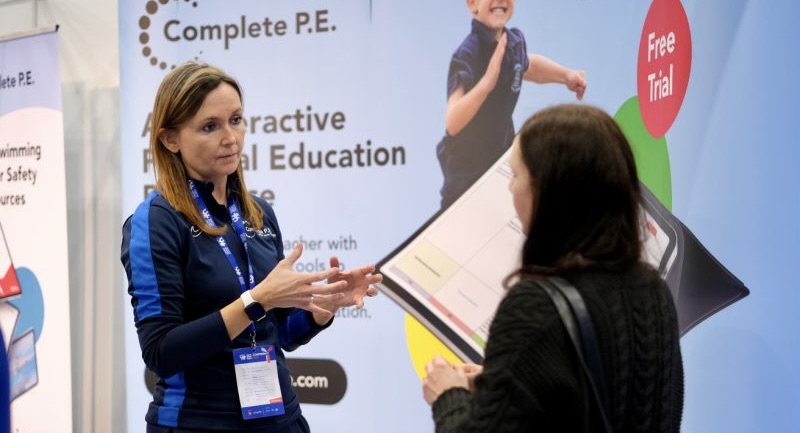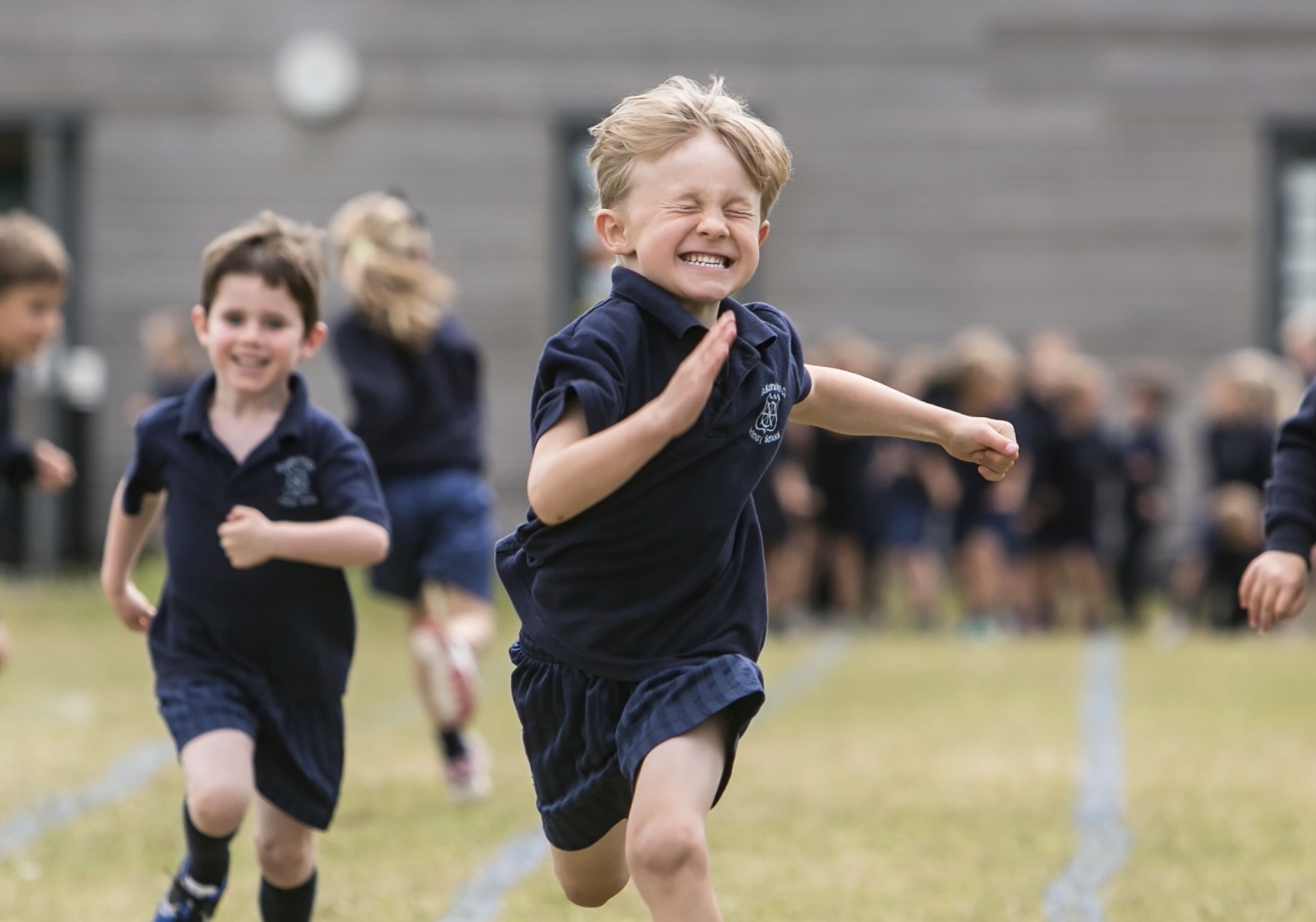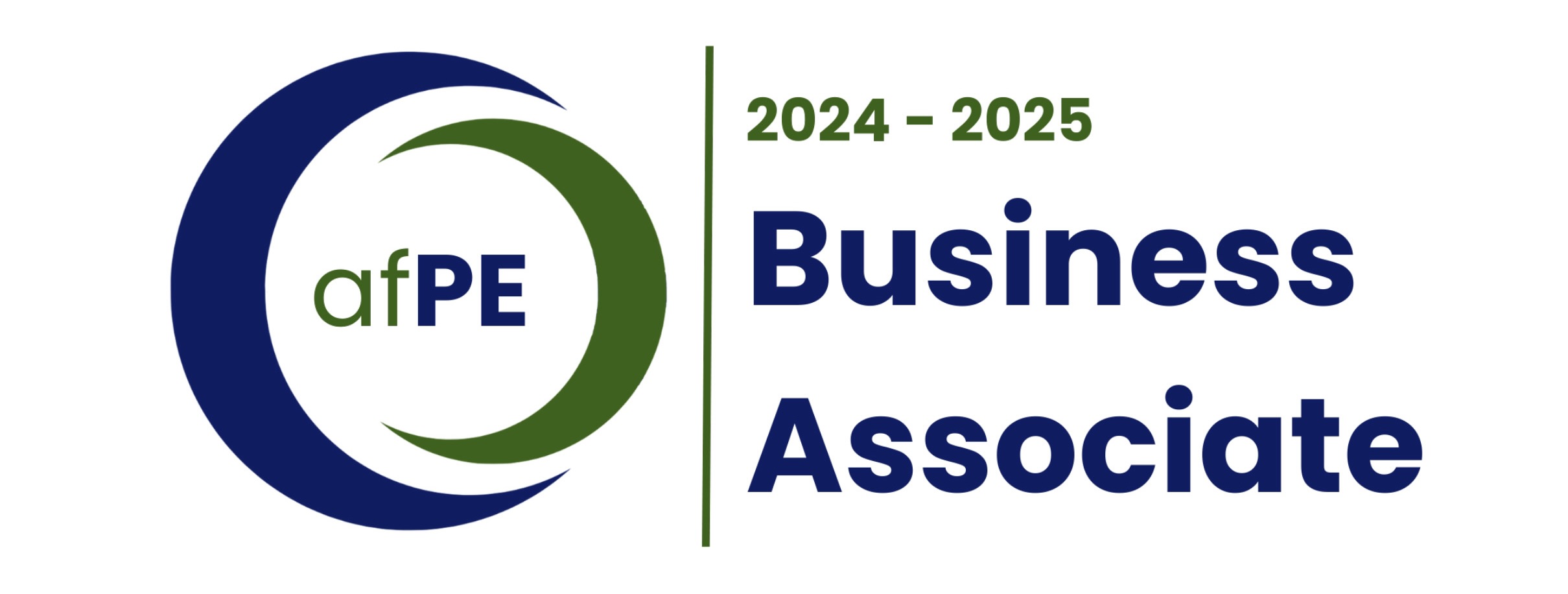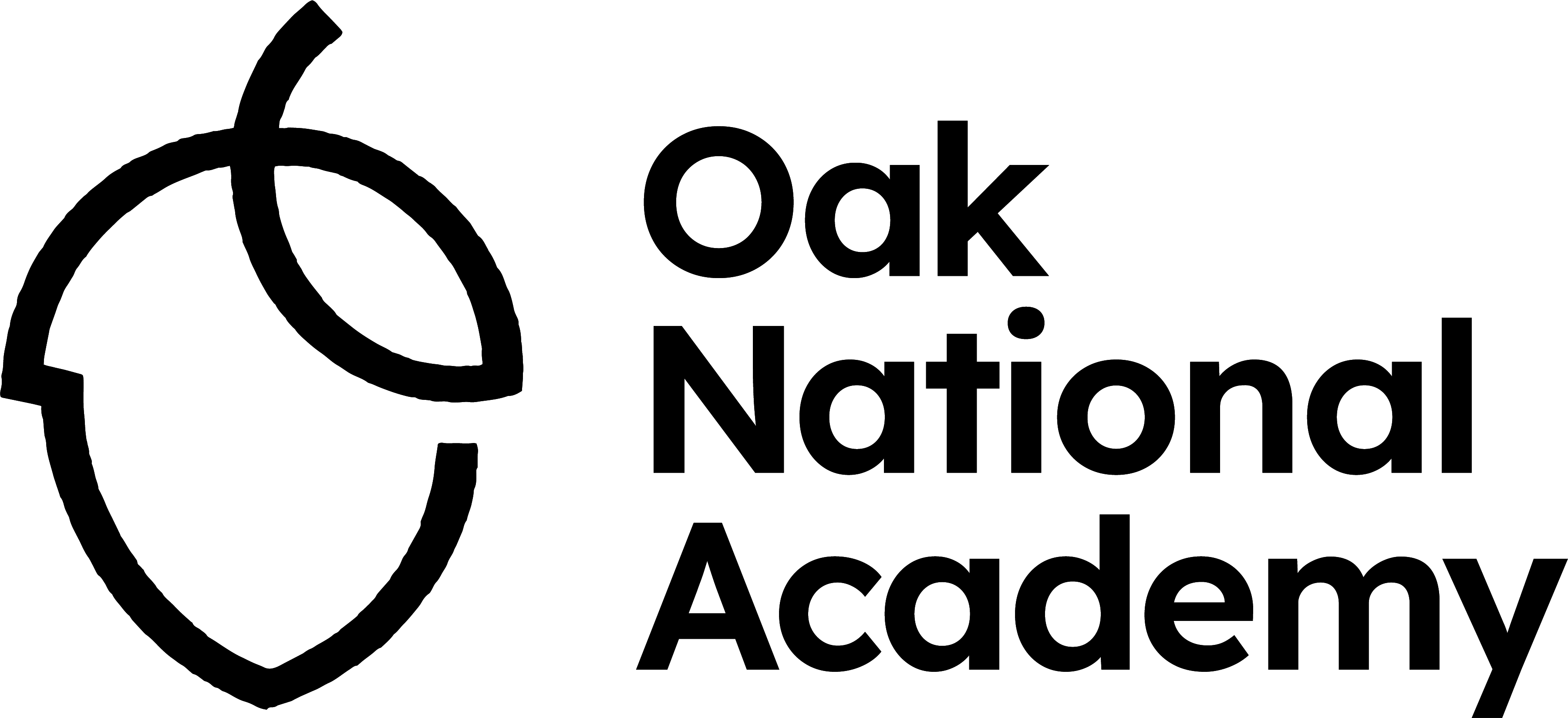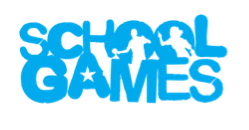Physical Literacy Consensus Statement for England published
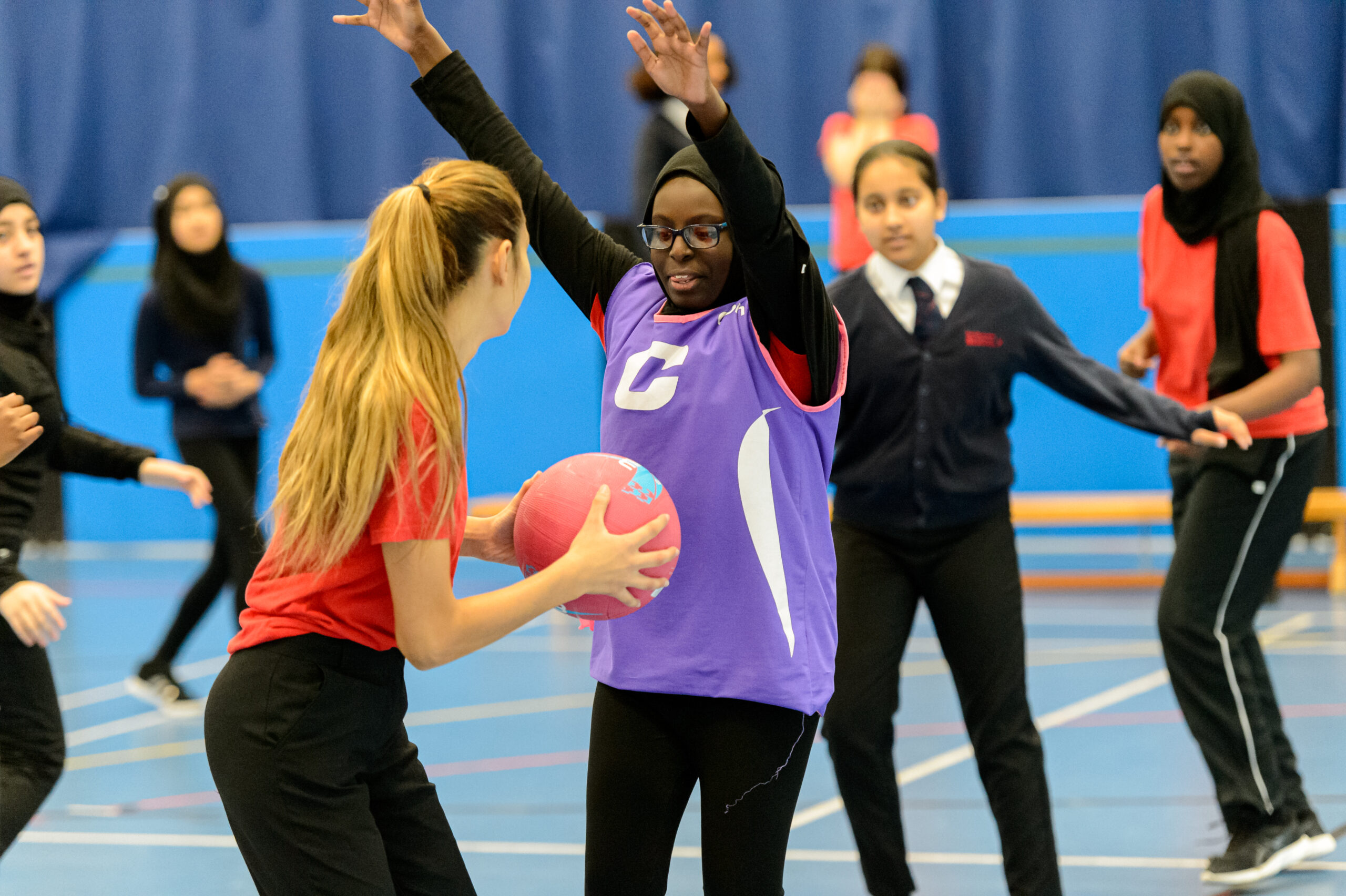
The Physical Literacy Consensus Statement for England has been revealed.
The statements represents a culmination of 18 months’ work and explored the importance of physical literacy in providing positive experiences of movement and physical activity for all – a key priority in Sport England’s Uniting the Movement strategy.
The Physical Literacy Consensus Statement for England has been developed to facilitate a shared understanding of physical literacy for those working in the sport, education, physical activity, recreation, play, health and youth sectors.
The statement offers a broad overview of physical literacy, why it matters, and how it can be developed and supported.
Developing consensus on the term physical literacy has been a priority as understanding what impacts people’s relationship with movement and physical activity throughout life will enable those working in the sector to ensure their offer is as appealing as possible.
The consensus statement was created by an expert group of researchers and professionals, including those from Liverpool John Moores University, Coventry University, the University of Bradford and the University of Gloucestershire.
It was finalised following an extensive consultation and included feedback from those working and volunteering in the sport and physical activity sector.
Why does this matter?
Sport England’s Active Lives surveys have told us that just 47% of children and 63% of adults are meeting the Chief Medical Officers’ guidelines.
Furthermore, we know that 30% of children and 26% of adults do less than an average of 30 minutes activity a day.
There are also significant inequalities, with a person’s ethnicity, gender, socio-economic status and age all impacting how likely they are to be physically active. However, research shows that children with high levels of physical literacy are twice as likely to engage in sport and physical activity and adults who feel strongly that they have the ability to be active, the opportunity to be active, and enjoy being active are also more likely to be active.
To help more people be active it is important everyone involved in the provision of sport and physical activity understands that there is more to it than helping someone develop their physical movement skills.
We must also consider how a person moves, connects, thinks and feels about movement and how their environment, culture, community or places and spaces they move in can powerfully influence their relationship with movement in both positive and negative ways.
By understanding what contributes to a person’s physical literacy, we can adapt and evolve our policies, practices and programmes to ensure it meets all of their needs.
What happens next?
The consensus statement itself will be supported by a series of resources that help bring the concept of physical literacy to life for our sector, including audio stories and a more detailed booklet to situate the consensus statement into a wider context.
Sport England will continue to work with national and local organisations to embed the philosophy of physical literacy into the structures and systems that influence children and young people’s activity levels.
The statement in full
Positive Experiences for All: The Physical Literacy Consensus Statement for England in full
Physical literacy is our relationship with movement and physical activity throughout life.
Understanding physical literacy
Physical literacy refers to the degree to which we have a positive and meaningful relationship with movement and physical activity. It is a complex and ever-changing relationship.
It reflects our connection and commitment to movement and physical activity, influenced by various factors such as our thoughts, feelings, engagement, and experiences.
Why physical literacy matters
The quality of our relationship with movement and physical activity profoundly influences our choice to be active.
Having a positive and meaningful relationship with movement and physical activity makes us more likely to be and stay active, benefiting our health, well-being and quality of life.
Supporting physical literacy
How we move, connect, think and feel during movement and physical activity plays a crucial role in shaping our physical literacy.
By doing activities that we enjoy, find meaningful, and value, we deepen our connection with movement and physical activity, and foster an ongoing commitment to maintain an active lifestyle.
Our experiences affect our physical literacy
The people we interact with, the communities we are part of, the culture we experience, and the places and spaces we move in, powerfully influence our physical literacy. These influences may be positive or negative.
Positive experiences of movement and physical activity that meet our needs and support our development encourage us to be active in the future.
Physical literacy is personal
Everyone has their own strengths, needs, circumstances, and past experiences that affect their relationship with movement and physical activity. Our physical literacy is therefore unique, and changes over our lifetime.
Tim Hollingsworth, chief executive, Sport England said:
“We must ensure children and young people have positive experiences of sport and physical activity that are fun, inclusive and help them develop.
“The new Physical Literacy Consensus Statement for England provides a framework to help us explore this in greater depth and is relevant for all ages and everyone working to improve the activity levels and health of our nation.
“It must be seen as one of the first steps in our efforts to promote positive experiences and lifelong participation for all children and young people, but particularly for those who face the greatest inequalities. Putting the concept of physical literacy into practice is now our collective task.”








